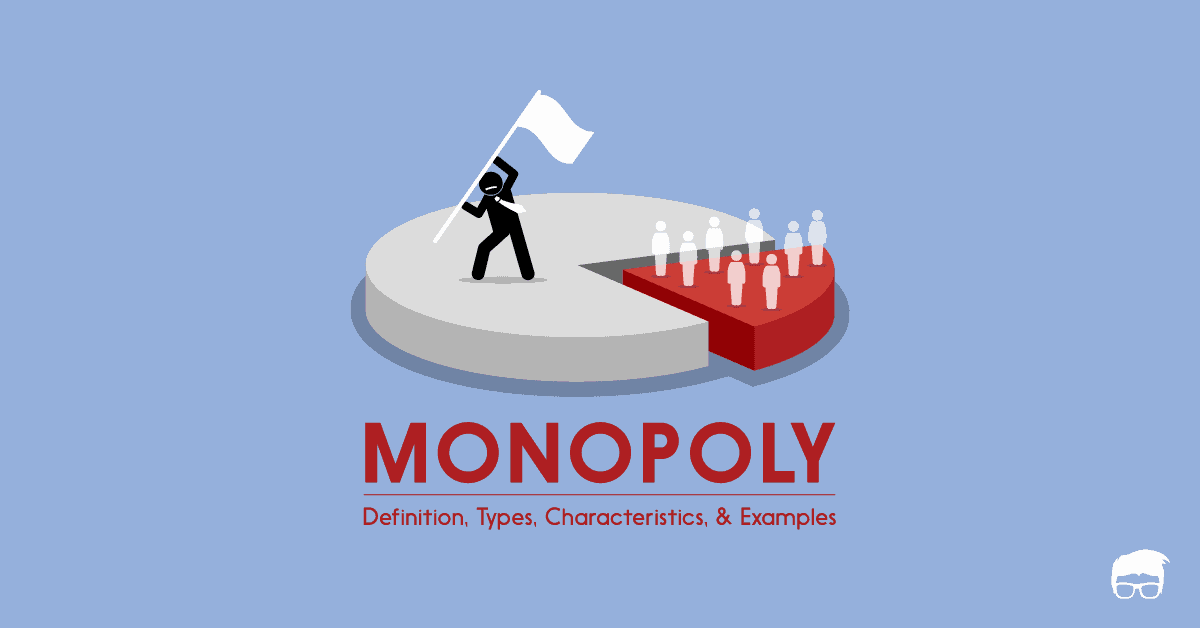Definition of Monopoly

A monopoly refers to a market structure in which a single seller or producer dominates the entire supply of a particular product or service, effectively controlling the market and having significant influence over the pricing and availability of the goods or services. In a monopoly, there is a lack of competition, as the monopolistic entity is the sole provider of a specific product or service, and there are no close substitutes.
Key characteristics of a monopoly include:
Single Seller or Producer:
Unique Product or Service:
Market Control:
Barriers to Entry:
Price Maker:
Maximized Profits:
Monopolies can arise for various reasons, including government regulations, exclusive access to essential resources, technological superiority, or legal barriers. While a monopoly can lead to increased efficiency and economies of scale for the monopolist, it often raises concerns about consumer welfare, as it may result in higher prices, reduced choice, and potentially lower overall economic efficiency. Many countries have antitrust laws and regulatory bodies in place to prevent and regulate monopolistic practices and promote fair competition in markets.
Thank you.